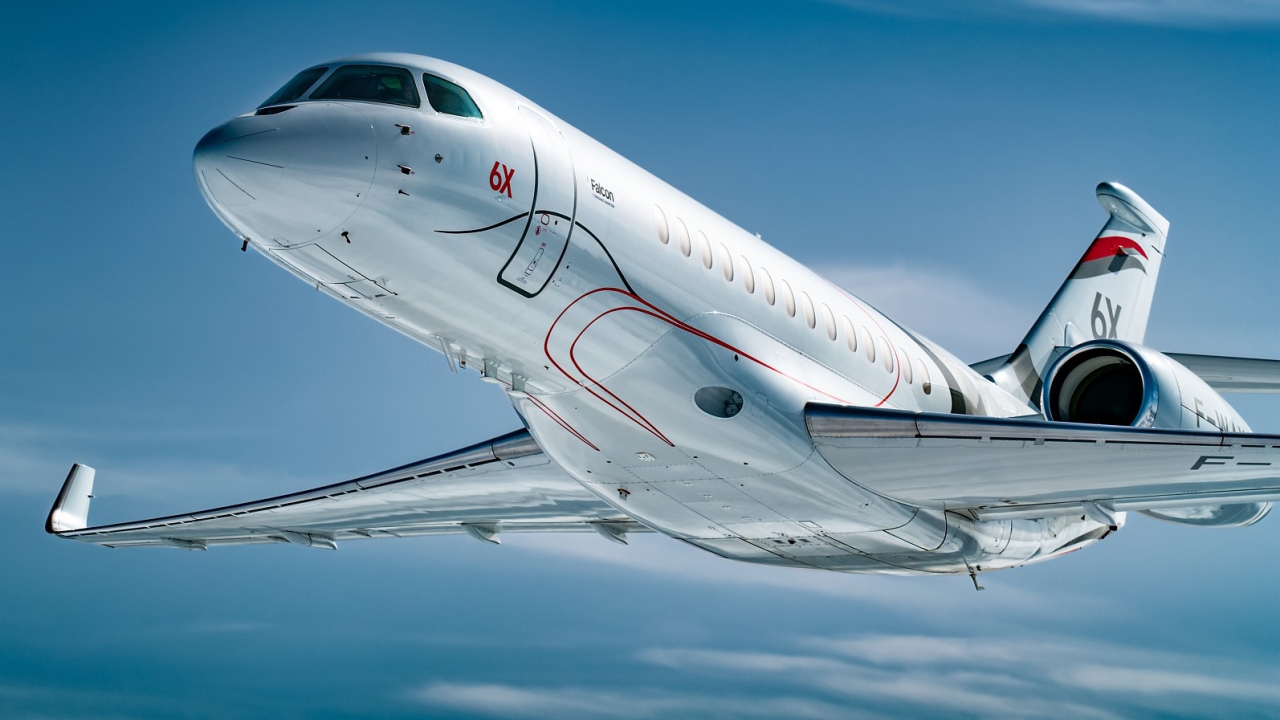Bombardier reports fourth quarter and full year 2017 results

“Bombardier closed out the second full year of its five-year turnaround plan with very strong performance,” said Alain Bellemare, President and Chief Executive Officer, Bombardier. “Because of this solid performance, we begin 2018 with great momentum. Our operational transformation is in full motion; our growth programs - including the Global 7000 - are on track and we have a clear line of sight to our 2020 objectives.”
In 2017, Bombardier’s full-year EBIT before special items grew 57% year-over-year, from $427 million to $672 million, while EBITDA before special items(1) reached close to $1 billion. Full year EBIT margins exceeded guidance at Transportation, Business Aircraft and Aerostructures. Before special items, EBIT margins(1) were 8.4% at Transportation and Business Aircraft; and 10.0% at Aerostructures. Consolidated revenues for the year were $16.2 billion, in line with our guidance.
Free cash flow performance(2) for 2017 was better than guidance by more than $200 million, with a usage of $786 million. This over performance allowed Bombardier to end the year with a $3.1 billion cash balance and well positioned to achieve cash flow breakeven in 2018(3), a key objective of the Company’s turnaround plan.
“2018 will be a pivotal year for Bombardier,” Bellemare continued. “We are moving out of our investment cycle and into a strong growth cycle. Our focus is on flawless execution: bringing the Global 7000 into service; delivering on our major rail projects; and closing the Airbus partnership following regulatory approvals later this year.”
Business Aircraft
Business Aircraft’s 2017 financial performance met or exceeded guidance delivering 140 aircraft. Revenues were $5.0 billion with EBIT margins before special items of 8.4%.
For the fourth quarter, deliveries reached 44 units, including a strong mix of Challenger and Global family aircraft, representing 29 and 13 deliveries respectively. These families of aircraft continued to lead their respective market segments during the quarter.
The 200 bps improvement in EBIT margin before special items reflects our continued operating discipline, and stronger contribution from the aftermarket business, benefiting from recent investments to increase service capacity and portfolio of offerings. In line with the aftermarket growth strategy, revenues from these activities grew by more than 10% in 2017.
Demonstrating continued focus on driving financial performance in any market, EBIT before special items grew 35% over the past two years, from $308 million to $416 million, even as we managed lower revenues of approximately 30%. As such, the segment is poised to benefit from its increased production efficiency and leaner cost structure when the Global 7000 enters-into-service and the business aircraft market recovers.
The fourth quarter of 2017 was the strongest in terms of order intake compared to the previous three quarters of 2017, and higher than the fourth quarters of 2016 and 2015 respectively.
The Global 7000 aircraft continues to perform extremely well and to exhibit a high level of reliability. The availability of four FTVs for the entire fourth quarter has accelerated flight testing and the fifth and final FTV has joined the test program on January 30, 2018. The program has cumulated over 1,500 flight test hours to date and with multiple aircraft in final assembly, the Global 7000 aircraft is on track for EIS in the second half of 2018.(6)
Commercial Aircraft
It is moving ahead and making progress obtaining regulatory approvals for the announced partnership with Airbus for the C Series aircraft. We expect to obtain all approvals for the partnership in 2018, and in the meantime, we are conducting site visits and planning for the operation of the U.S. final assembly line in Mobile, Alabama, and working on other integration streams, consistent with antitrust law. On January 26, 2018, the U.S. International Trade Commission rejected Boeing’s attempt to have tariffs imposed on C Series aircraft, clearing the path for us to support Delta this year as we work to close our partnership with Airbus.
It delivered 73 aircraft during the year, within the overall guidance range, including 30 Q400, 26 CRJ, and 17 C Series aircraft. This includes 22 aircraft in the fourth quarter, in line with the previous year.
It delivered the first two CS300 aircraft to Korean Air Lines, the program’s Asian launch customer, in the final week of December 2017, and supported their preparation for commercial service, which began in January 2018.
The year was marked by a book-to-bill ratio(7) of 1.0 for Commercial Aircraft. During the fourth quarter, it received orders across all three aircraft families. These orders included the following:
On December 29, 2017, it executed a firm agreement for the sale of 12 CS300 aircraft with EgyptAir, along with purchase rights for an additional 12 CS300 aircraft. Based on the list price of the CS300 airliner, the firm-order contract would be valued at approximately $1.1 billion.
Stay up to date
Subscribe to the free Times Aerospace newsletter and receive the latest content every week. We'll never share your email address.

